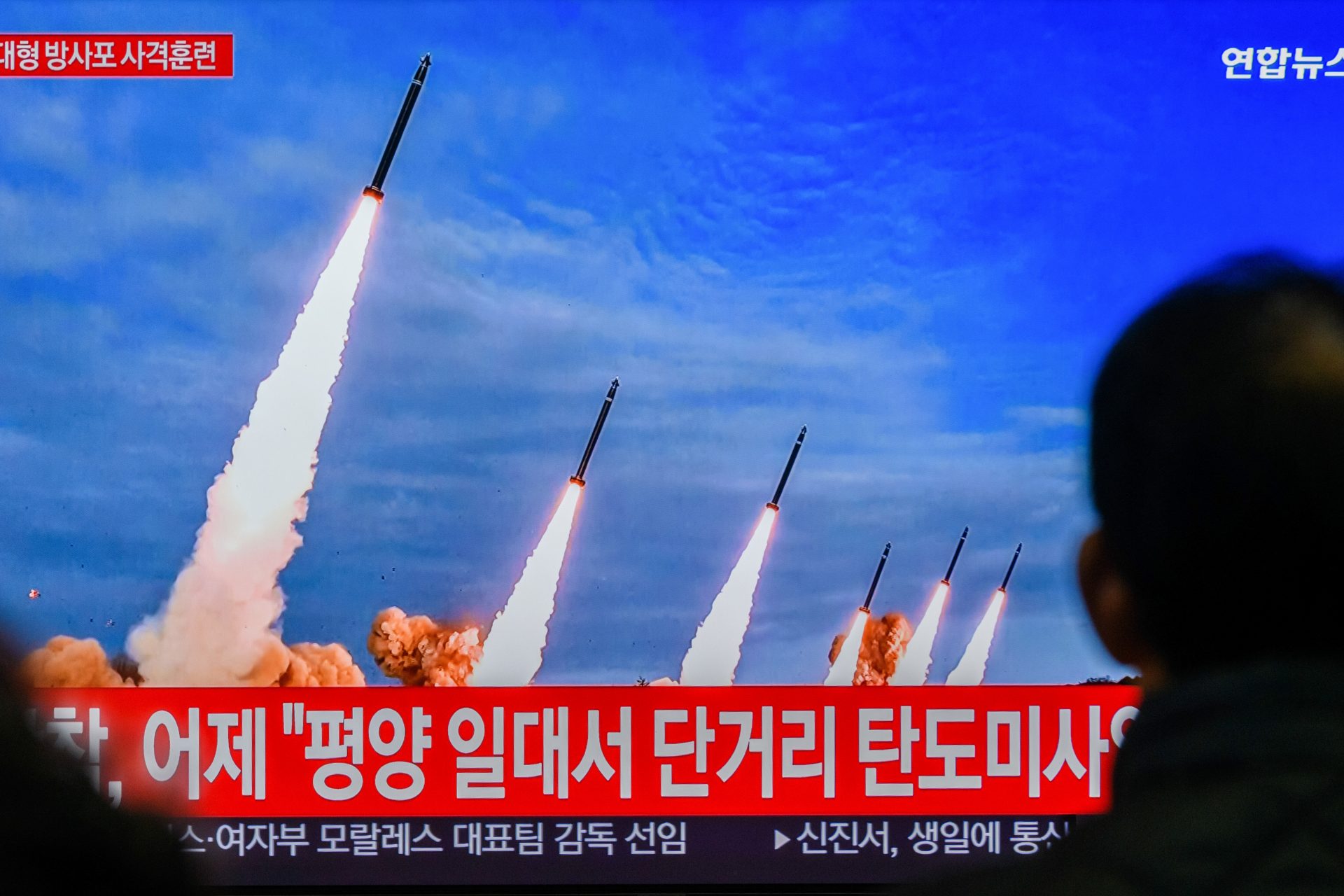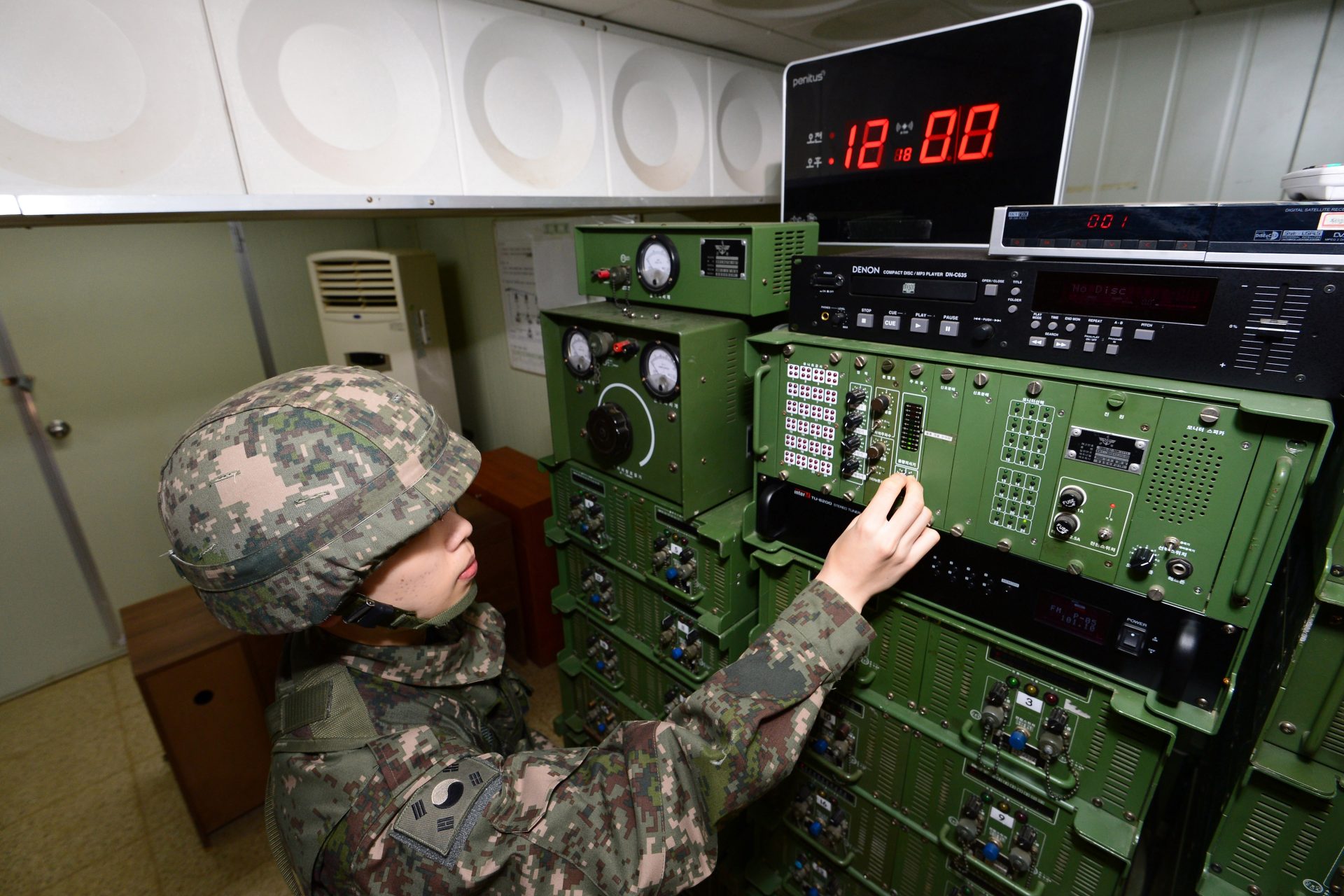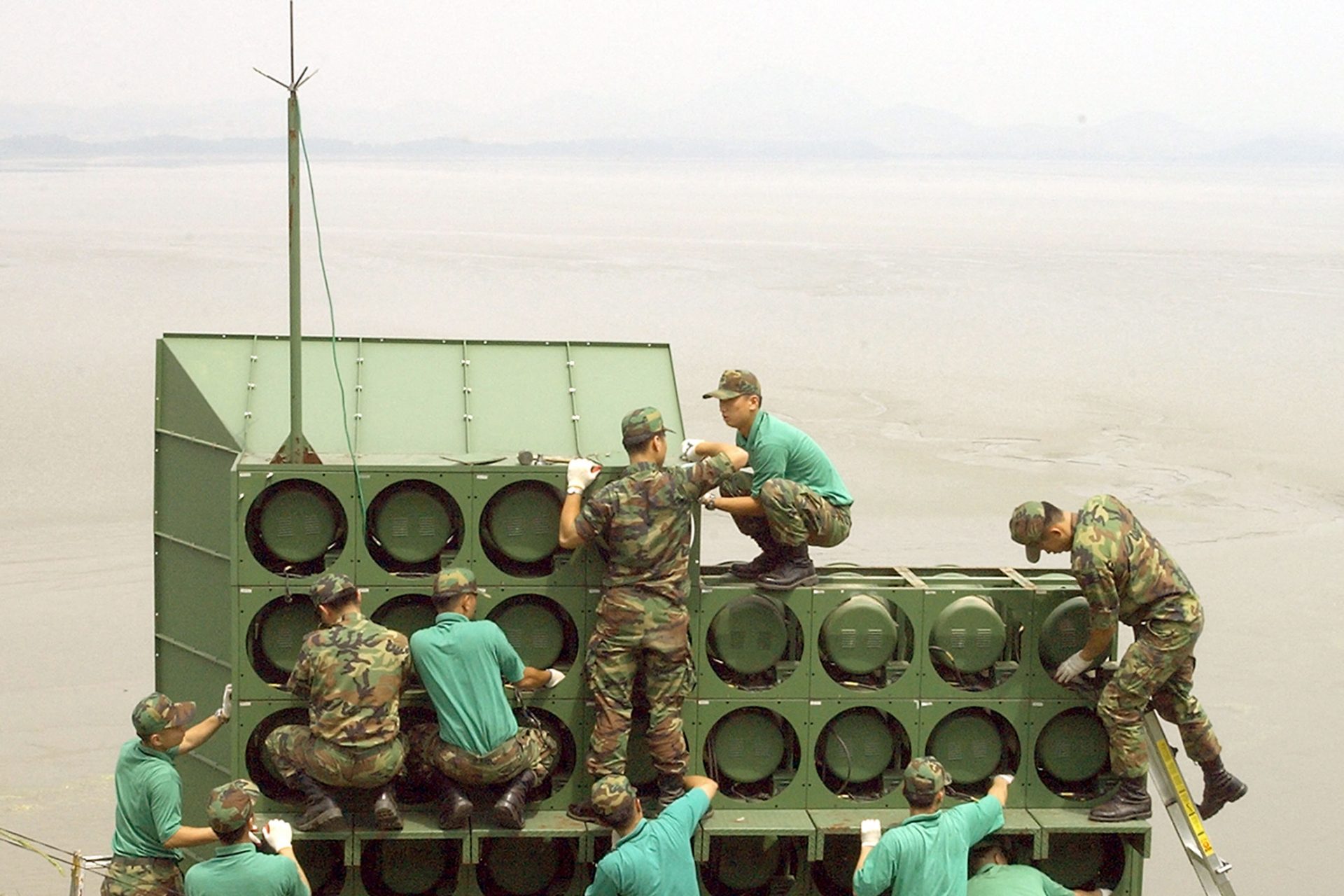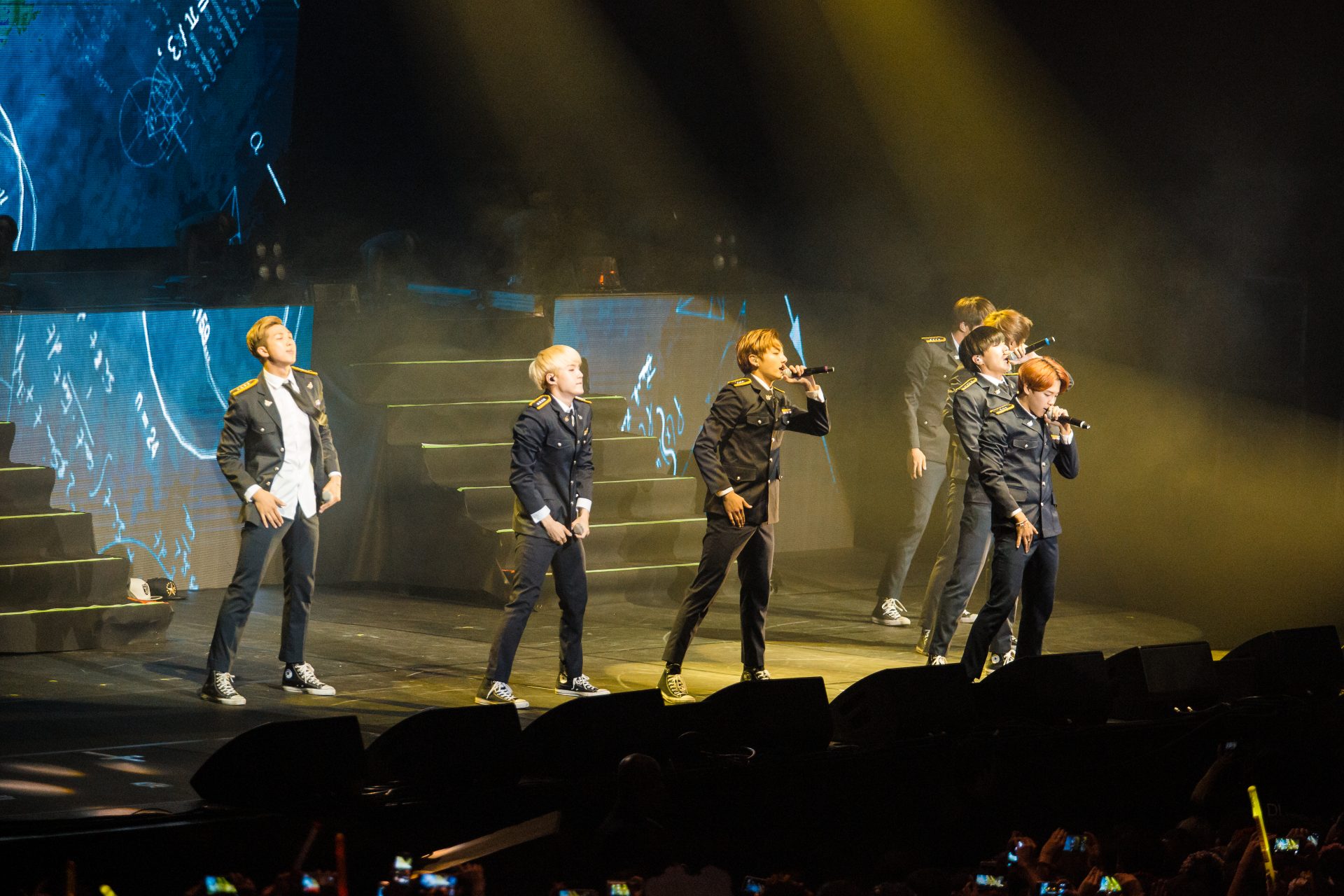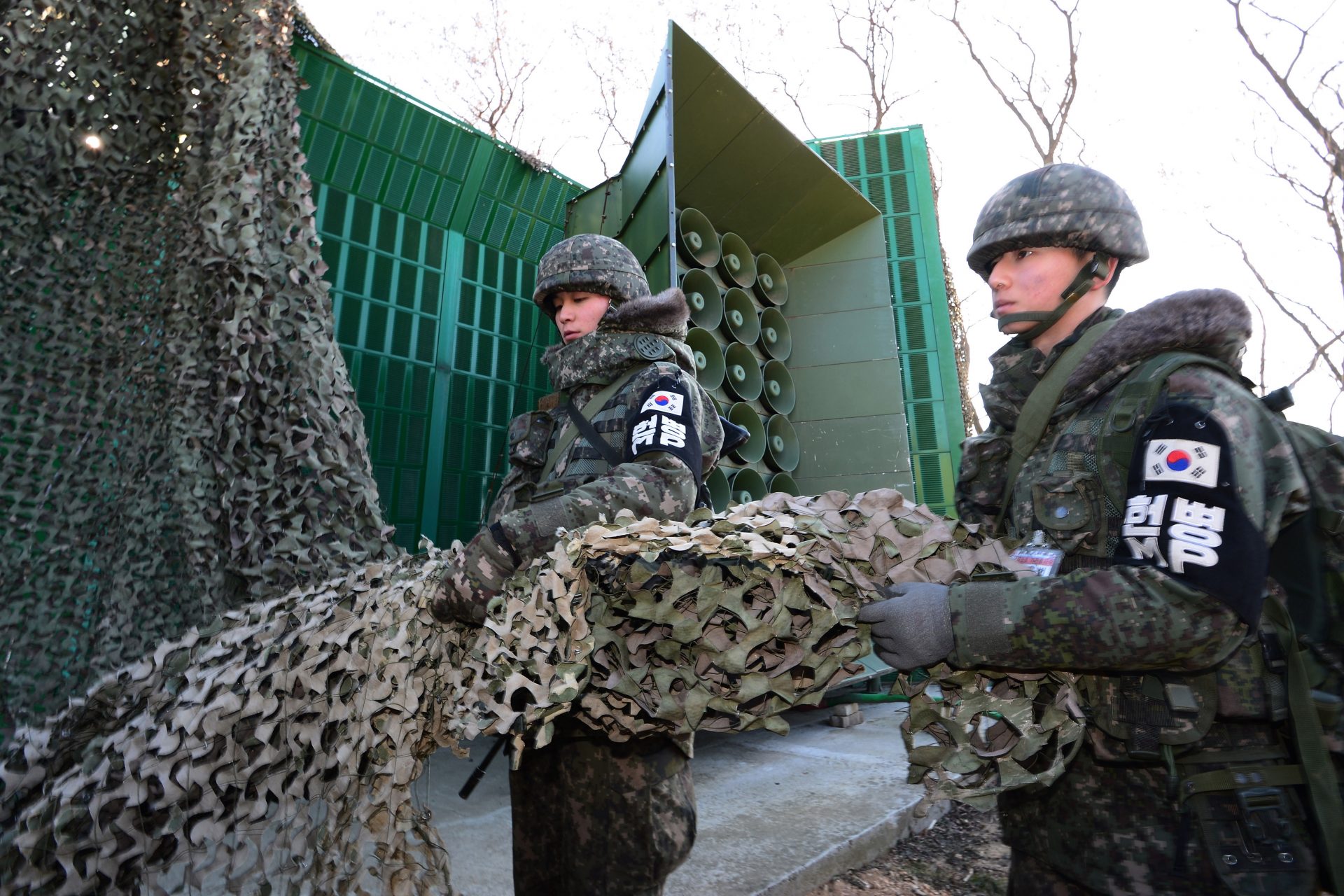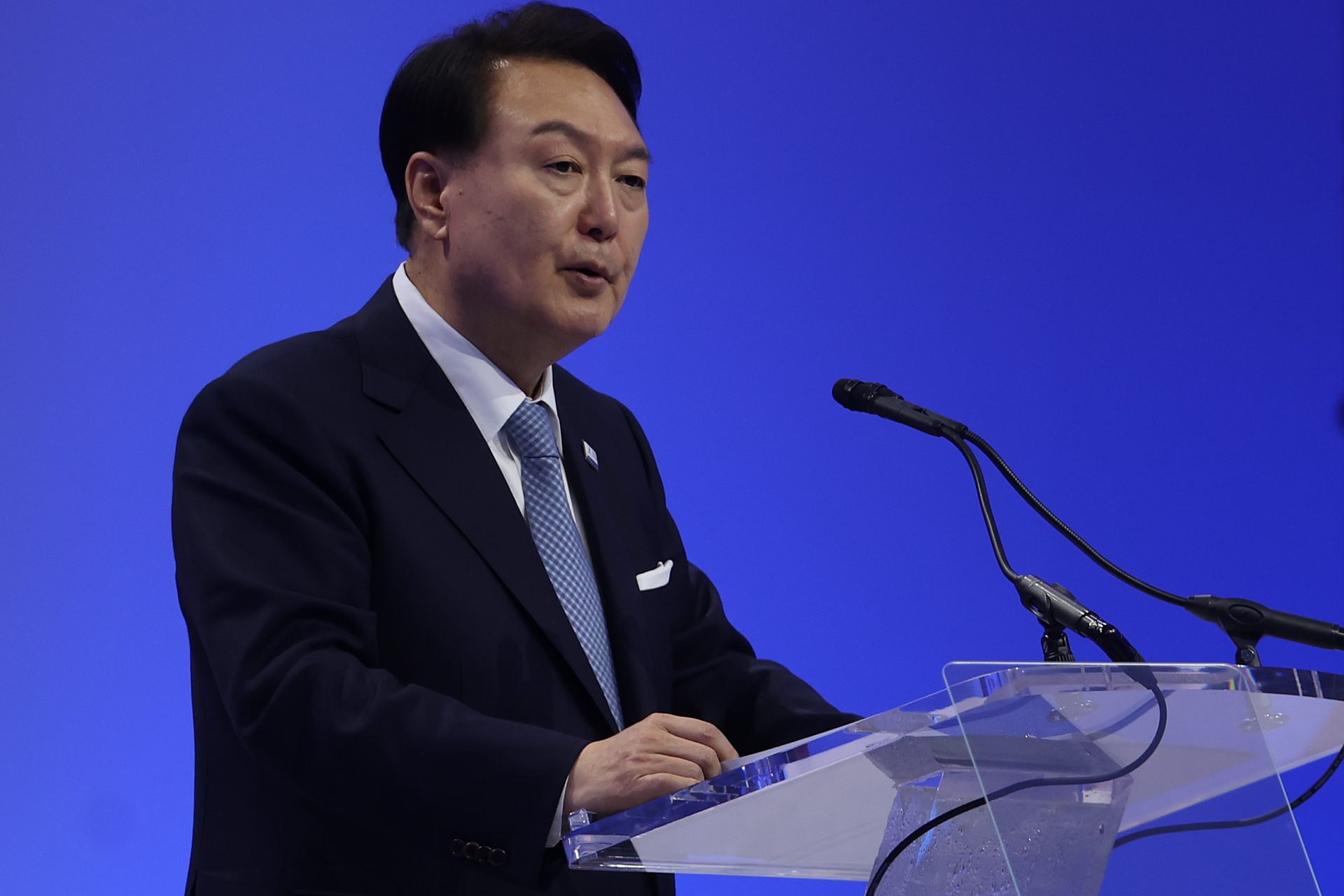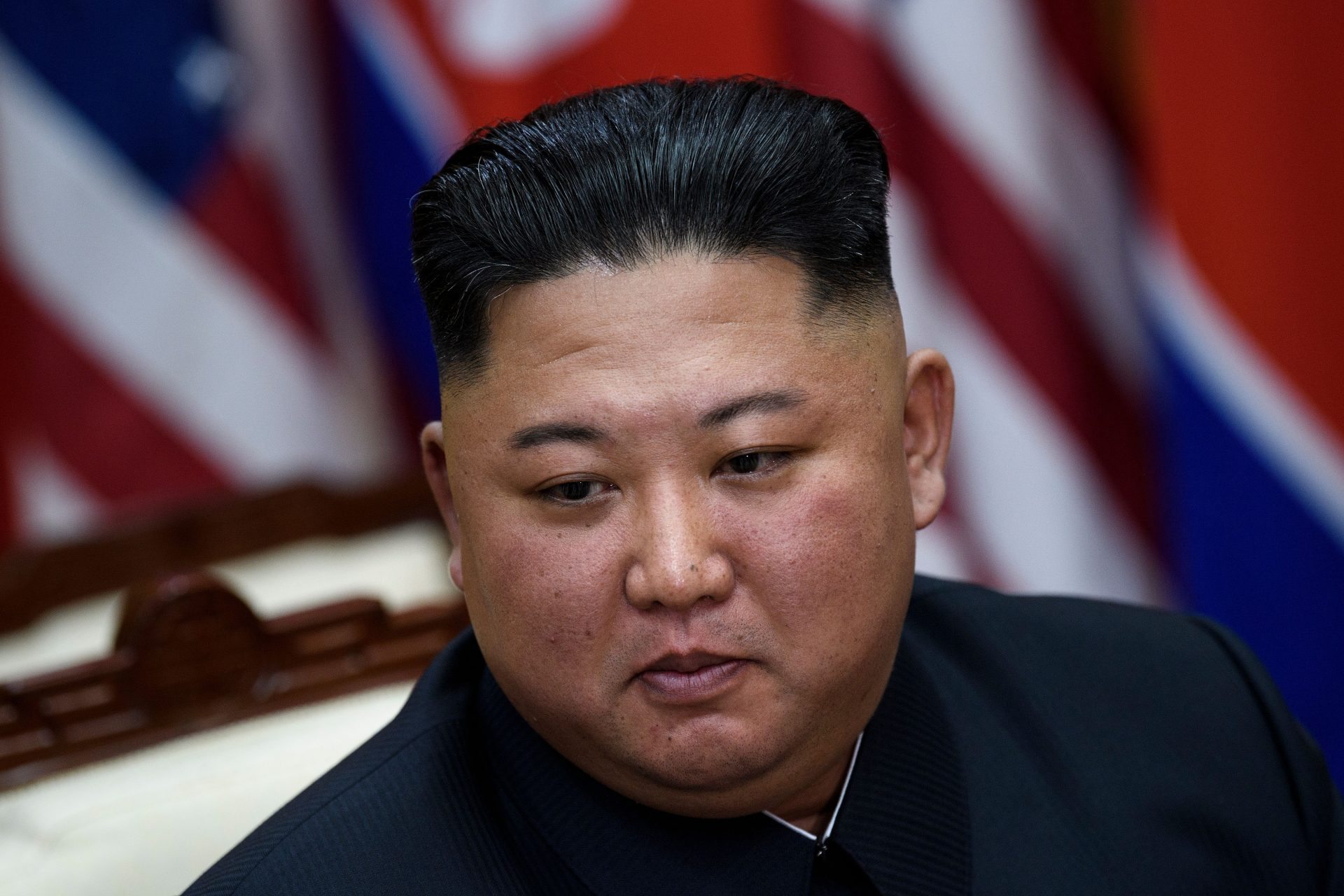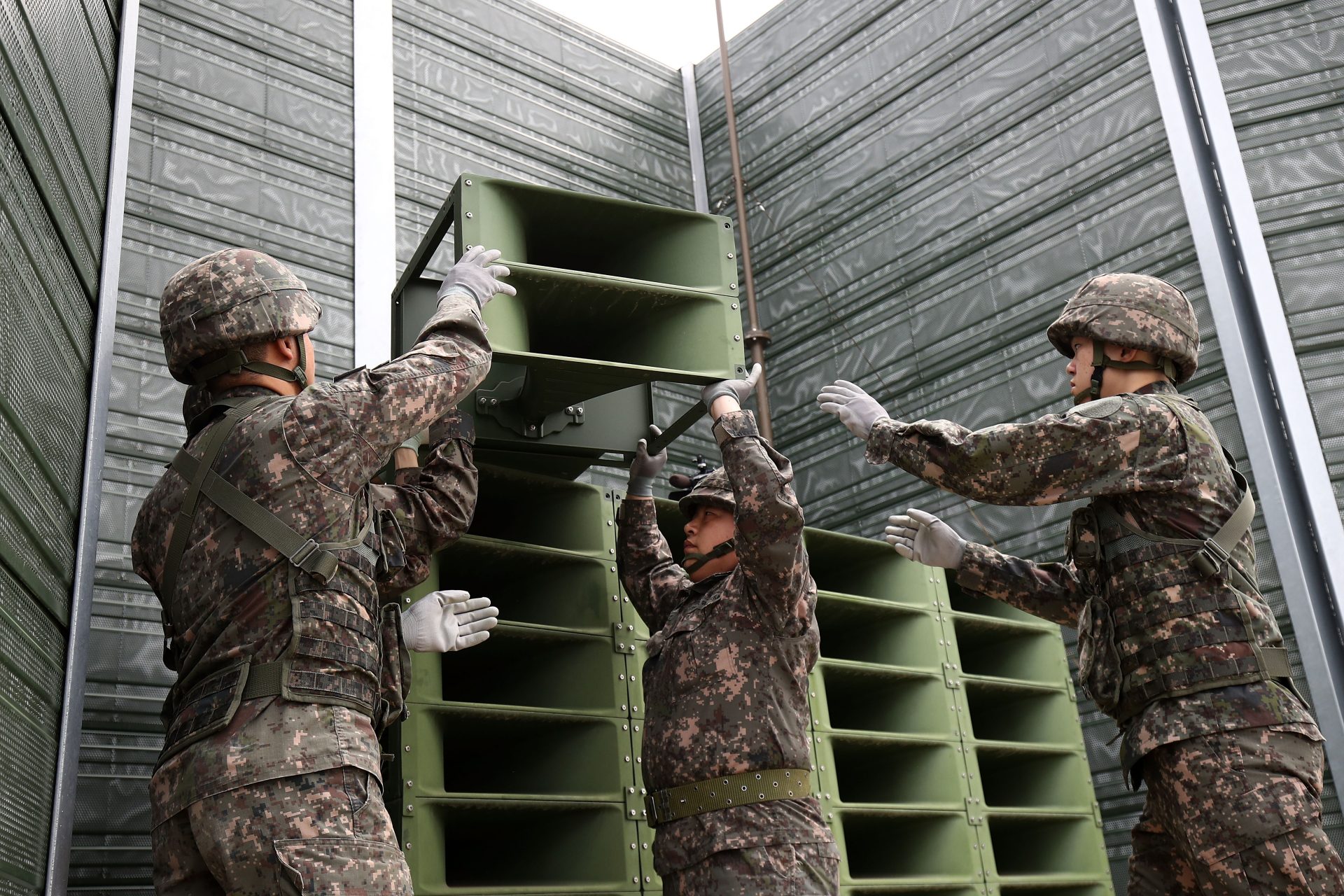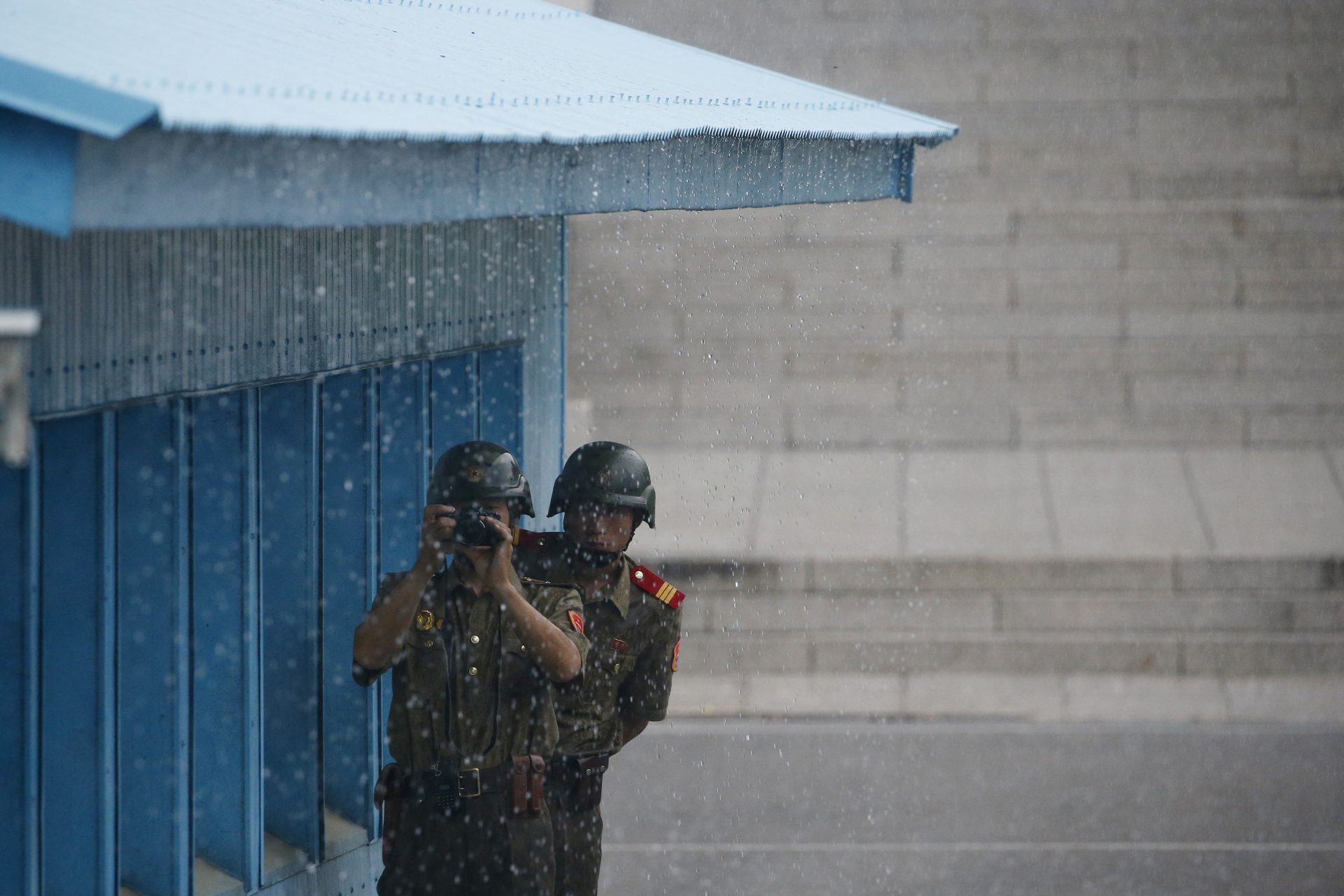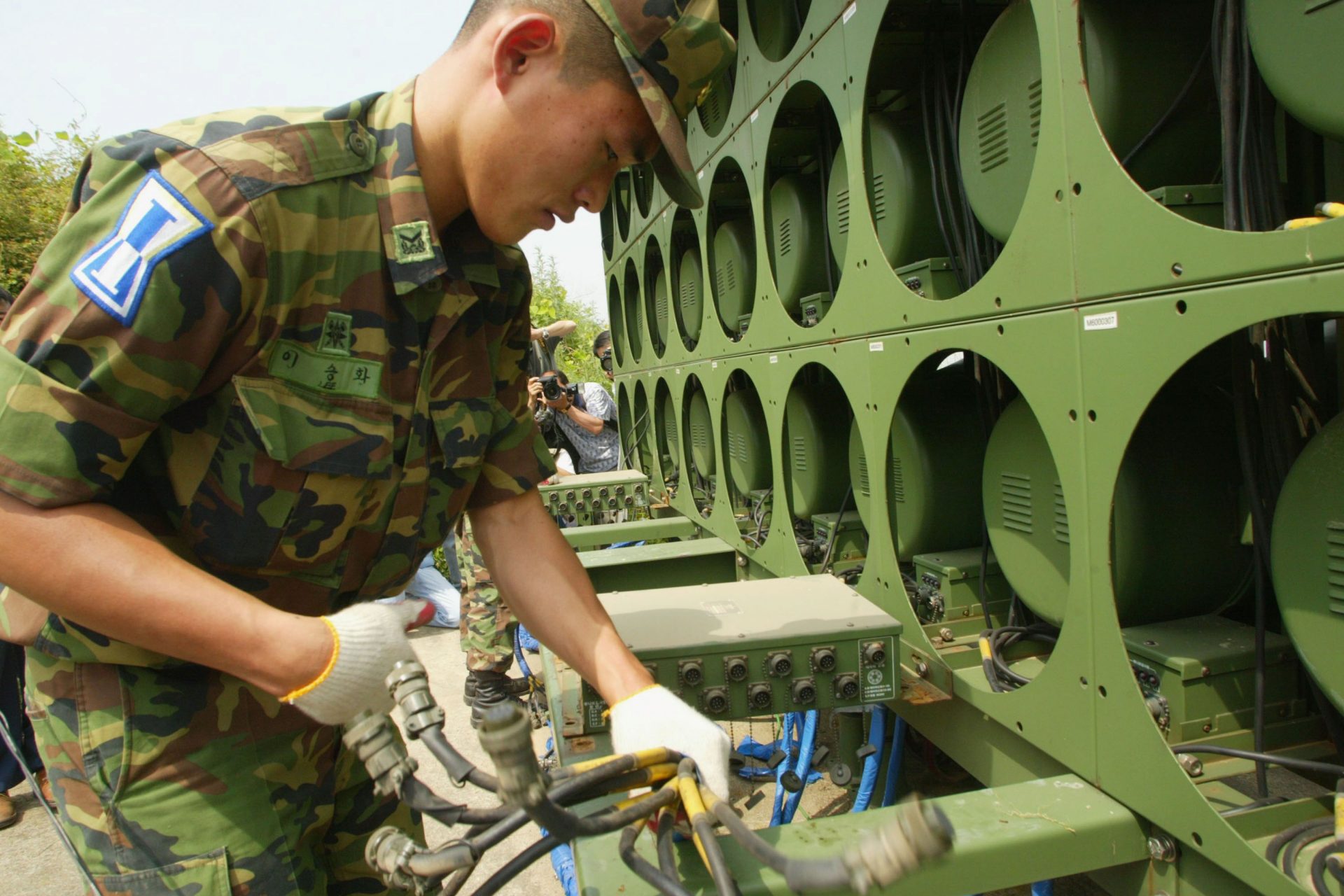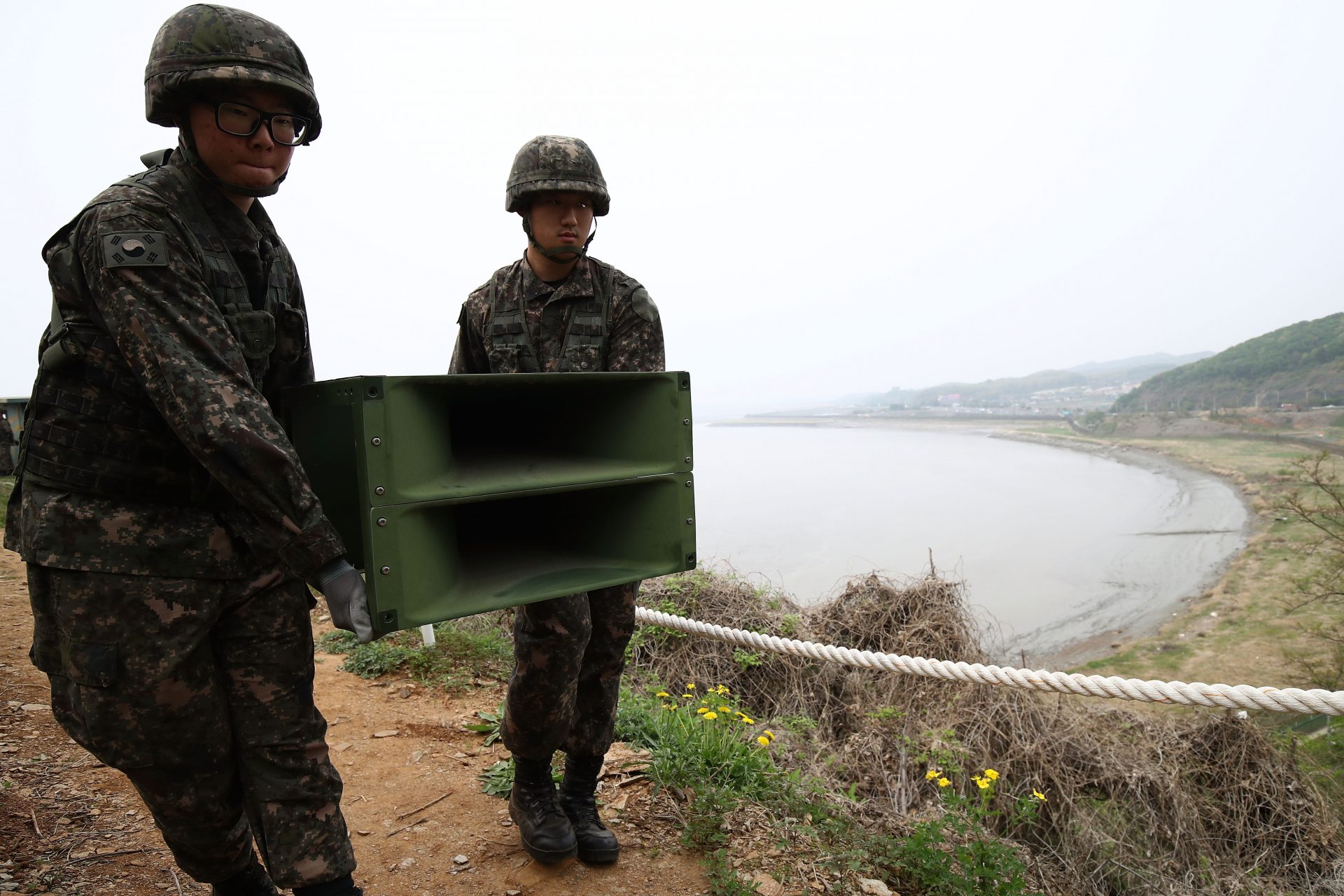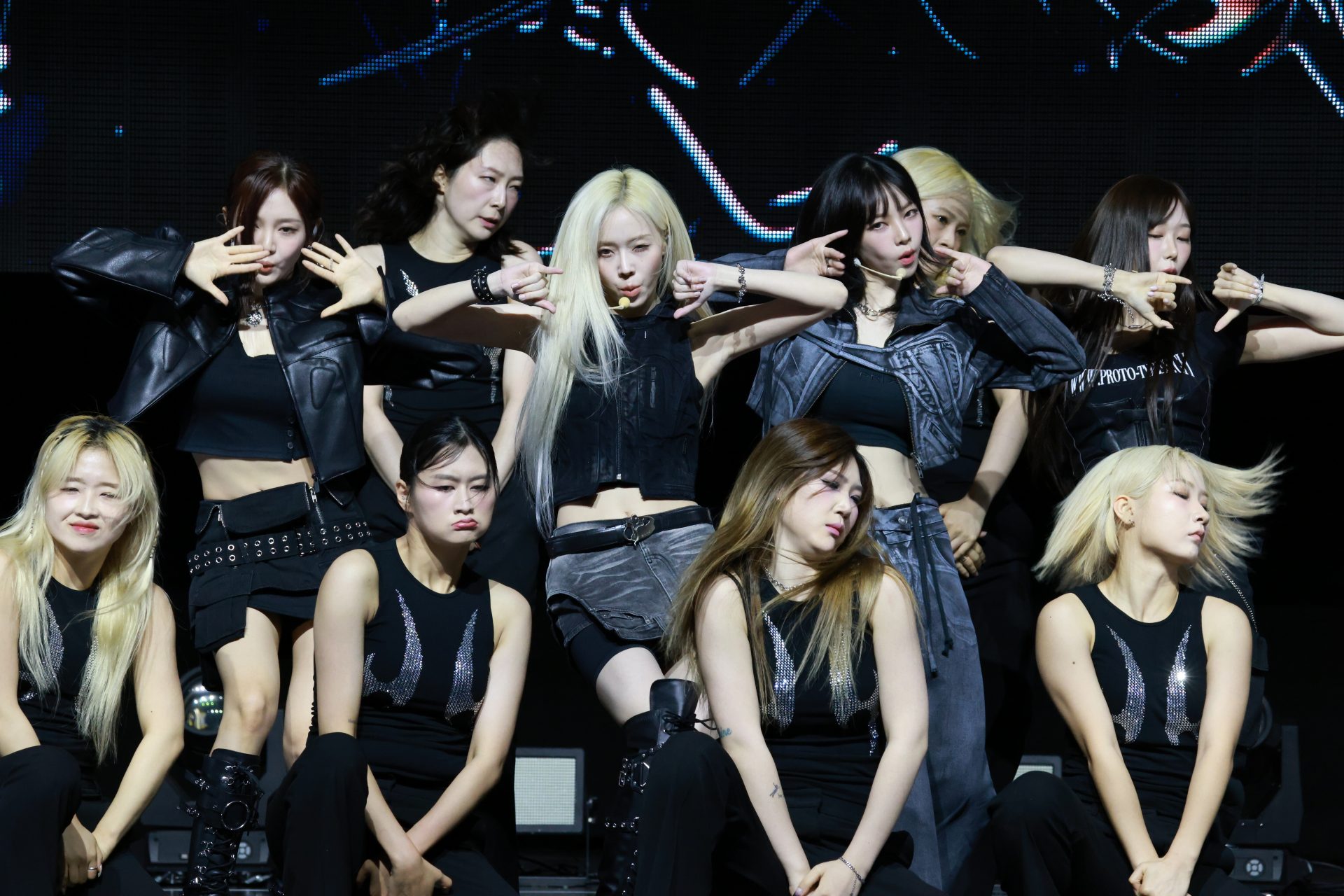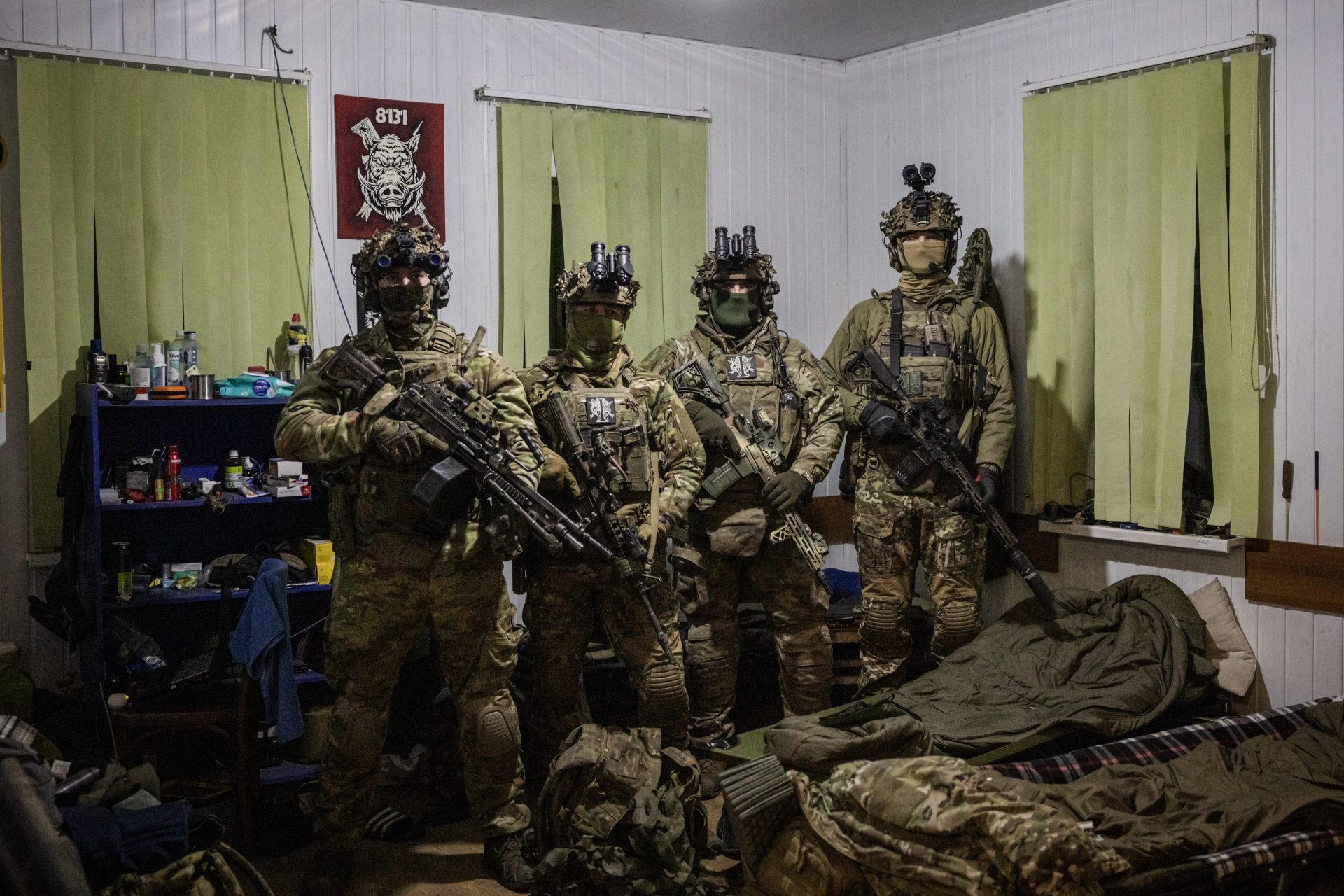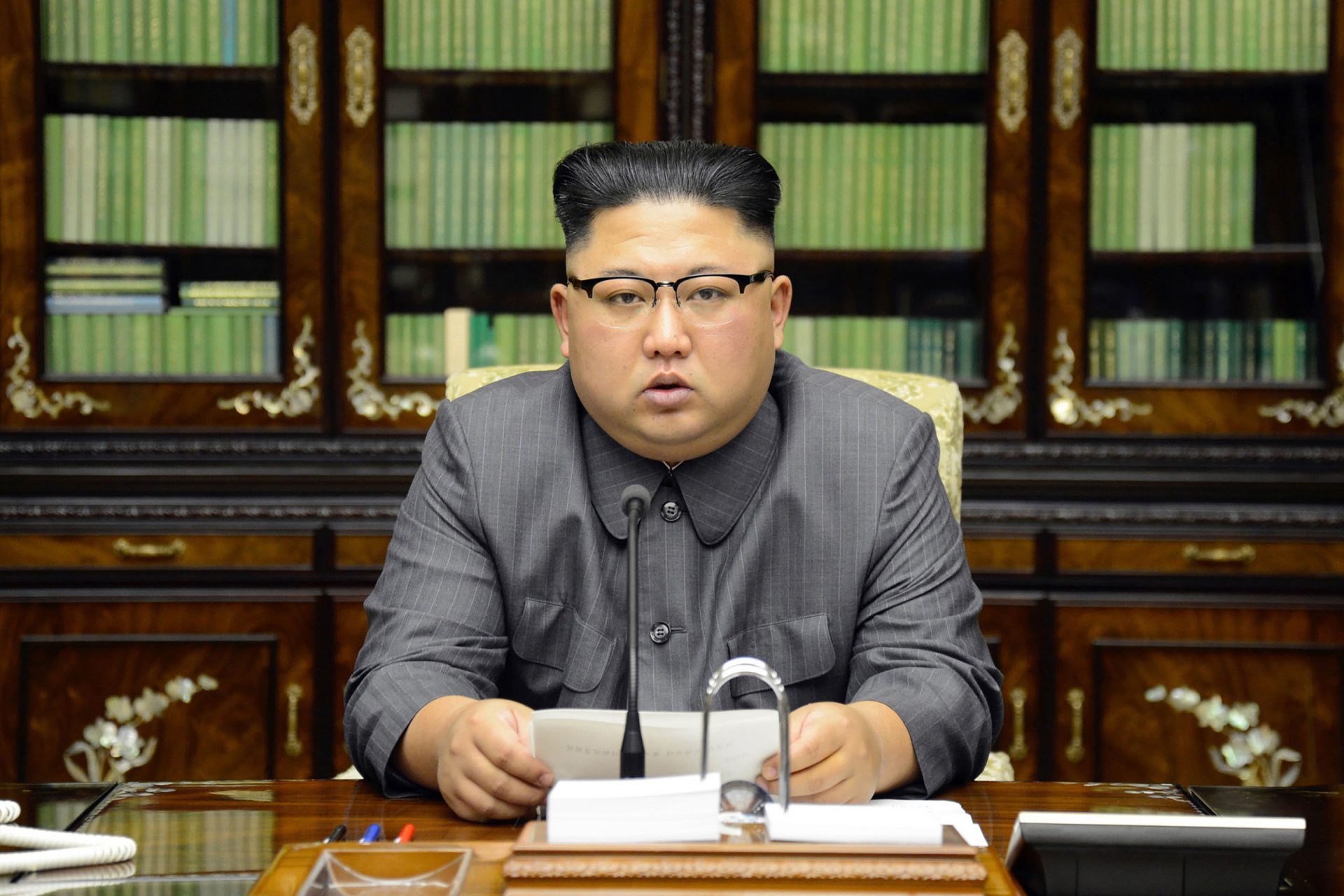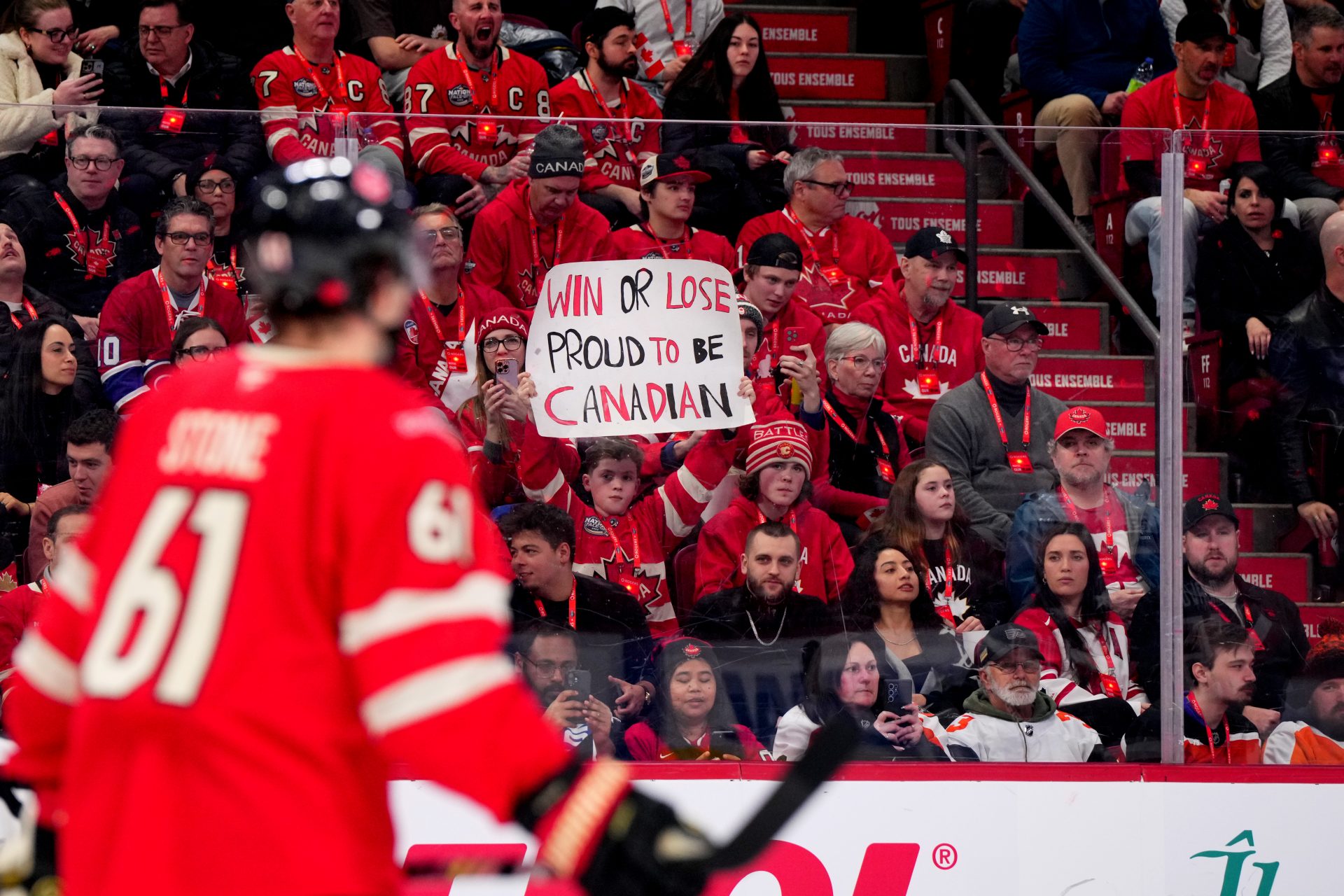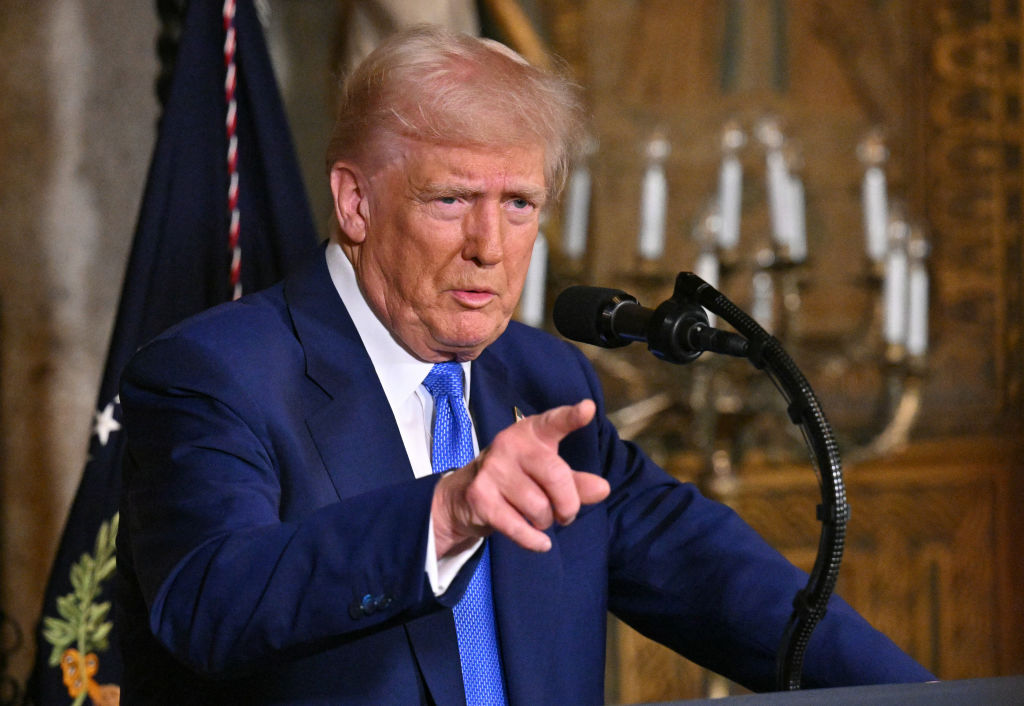You won't believe what Seoul is using to fight North Korea
They say all's fair in love and war. However, whoever said that phrase probably couldn't predict how modern warfare would have all sorts of tools at their disposal. If you don't believe it, just ask South Korea.
It's no secret that things can get difficult between neighbors, and the psychological battle the two Koreas are engaged in can heat up at any moment.
For now, AP News writes that Seoul has been using a secret weapon: K-pop. To do this, South Korea has installed giant speakers across the DMZ to play songs from bands like BTS at full volume.
Between songs like 'Butter' or 'Dynamite', South Korea sneaks in weather forecasts, news about Samsung, or critical comments about the North Korean government, ranging from its missile program to its repressive policy against foreign-made content.
The South Korean government, headed by Yoon Suk-yeol (pictured), claims that this endeavor is a retaliation against Pyongyang sending balloons full of garbage and fecal matter towards South Korean territory.
North Korea isn't exactly lagging in the musical front, either. They have also deployed loudspeakers along the border that in the past have broadcasted praise for the Pyongyang government and attacked the policies of South Korea.
What might seem like a minor quarrel has become an escalating conflict. Seoul defends its sound system, arguing it has a range of 15 miles (24 kilometers), while Pyongyang's loudspeakers can't be heard in many areas of South Korea.
Some North Korean soldiers who had defected to the south have confessed that they enjoyed the music played by South Korea and have found the weather report useful to adapt to different climates.
Back in 2015, when loudspeaker broadcasts between the countries resumed, North Korea would end up launching projectiles across the border, provoking South Korea. Fortunately, no victims were reported.
However, this recent example makes it clear that there is a fine line between a loudspeaker and direct action. Both Koreas appear willing to cross the line, given that the 2018 agreement to reduce tensions is no longer in force.
When future generations want to ask how the K-Pop War began, they will be surprised to learn it was not fought on the stage, but in the border between both Koreas.
More for you
Top Stories



